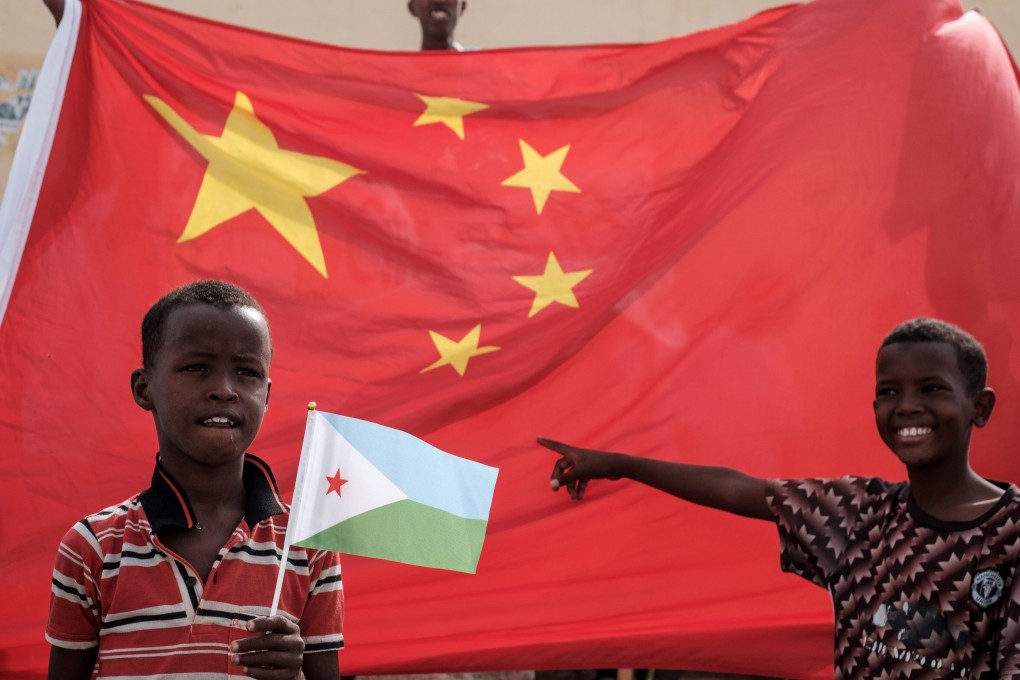China’s promise of loan write-offs for distressed African nations barely dents a much bigger debt crisis
- Study finds no evidence of asset seizure by lenders or penalty on arrears, but researchers note a lack of transparency fuels suspicion of China’s intentions
- China’s lending to Africa stood at US$152 billion between 2000 and 2018, much of which went to Belt and Road Initiative projects

The study said China had cancelled interest-free loans amounting to US$3.4 billion in debt in Africa between 2000 and 2019. But China’s overall lending to Africa stood at US$152 billion worth of loan commitments between 2000 and 2018. The zero-interest loans come from China’s Ministry of Commerce as part of intergovernmental economic and technical cooperation agreements and average about US$10 million per loan, according to the study.

“In almost all of the countries where Chinese debt was cancelled – aside from high-profile cases in Iraq and Cuba – the cancelled debt was limited to mature, interest-free foreign aid loans that had gone into default,” Deborah Brautigam, a professor of international political economy and CARI founding director, said in the study.